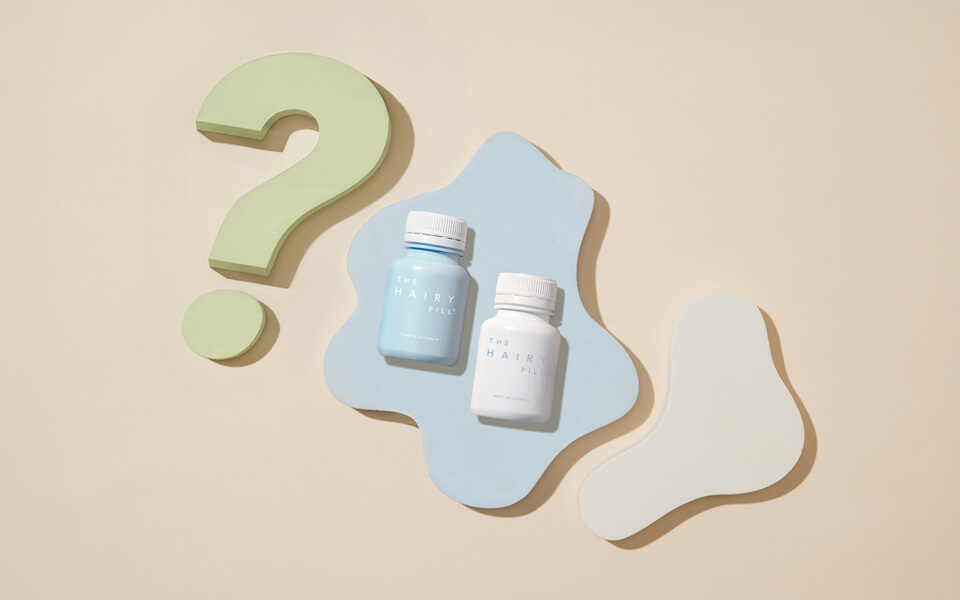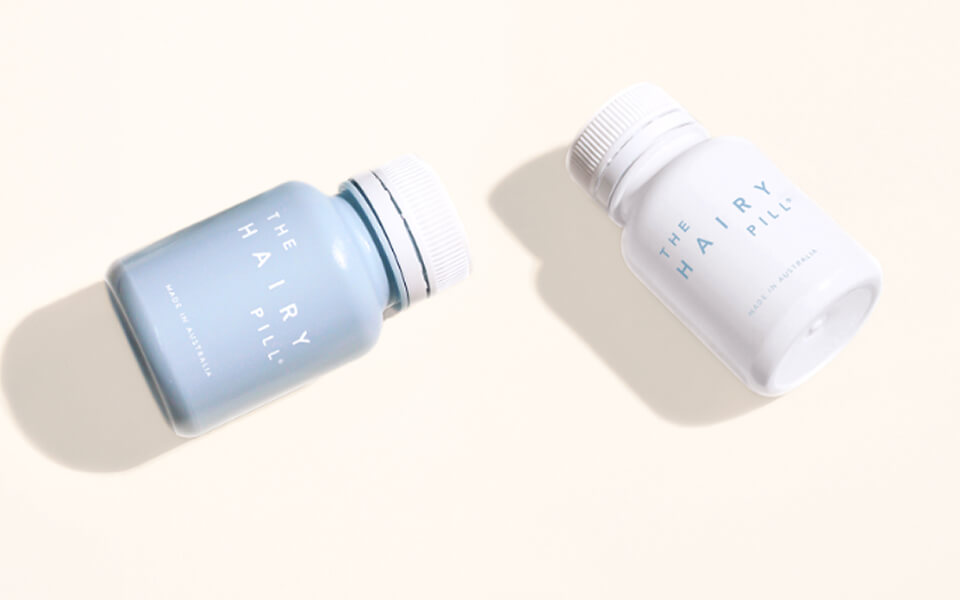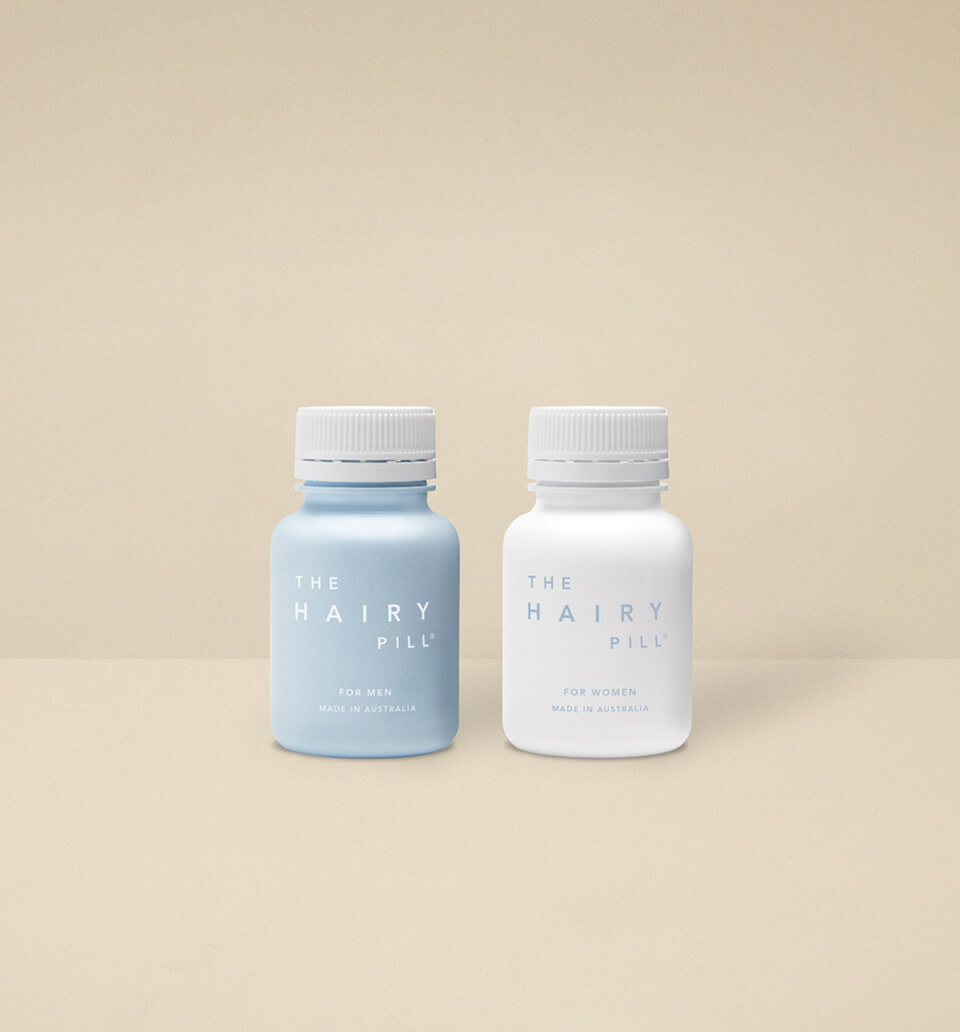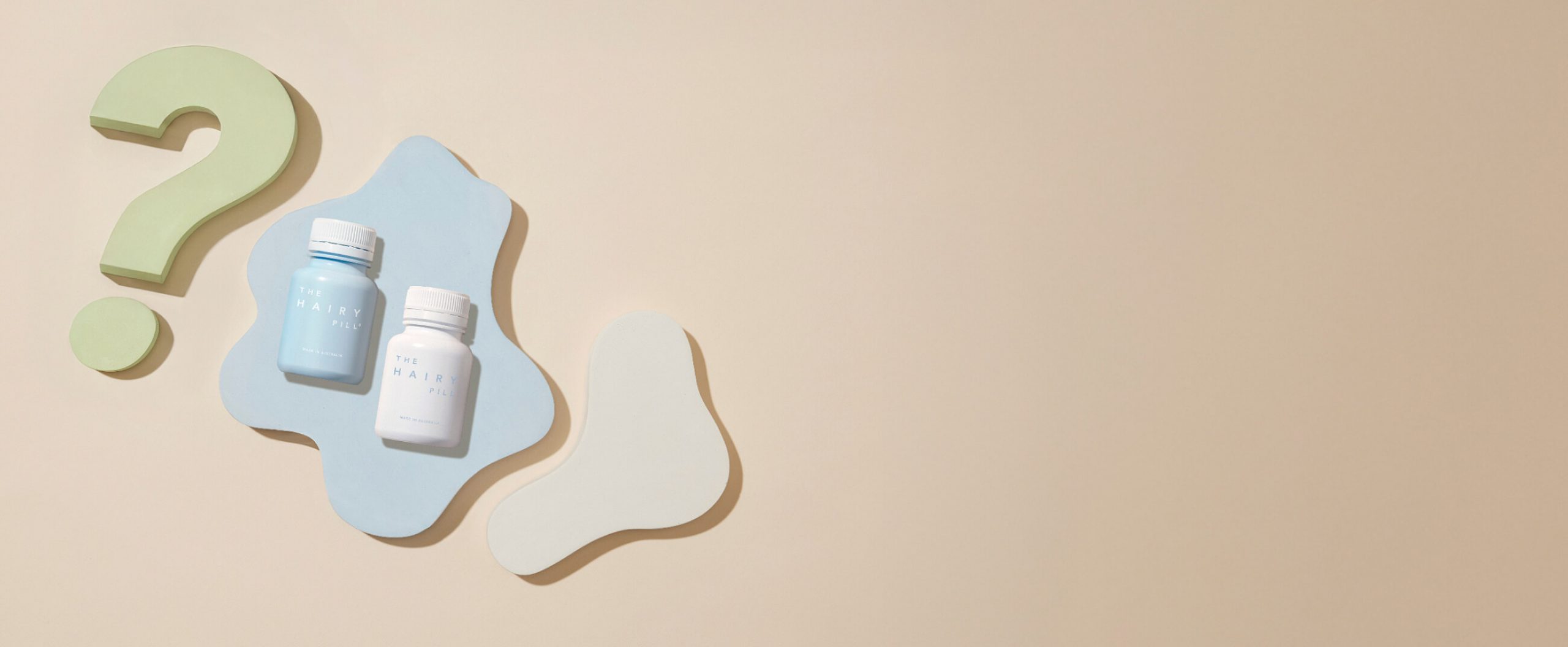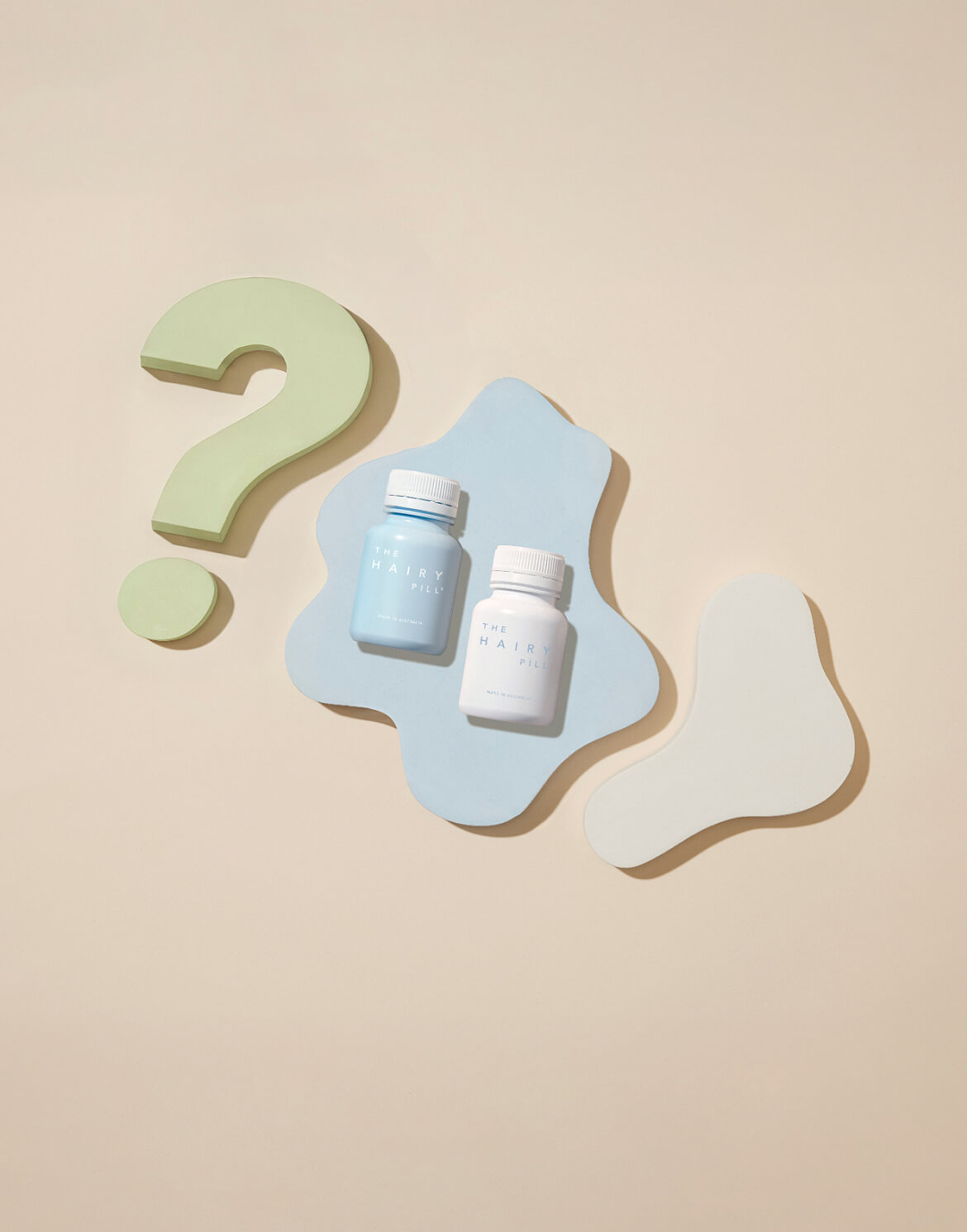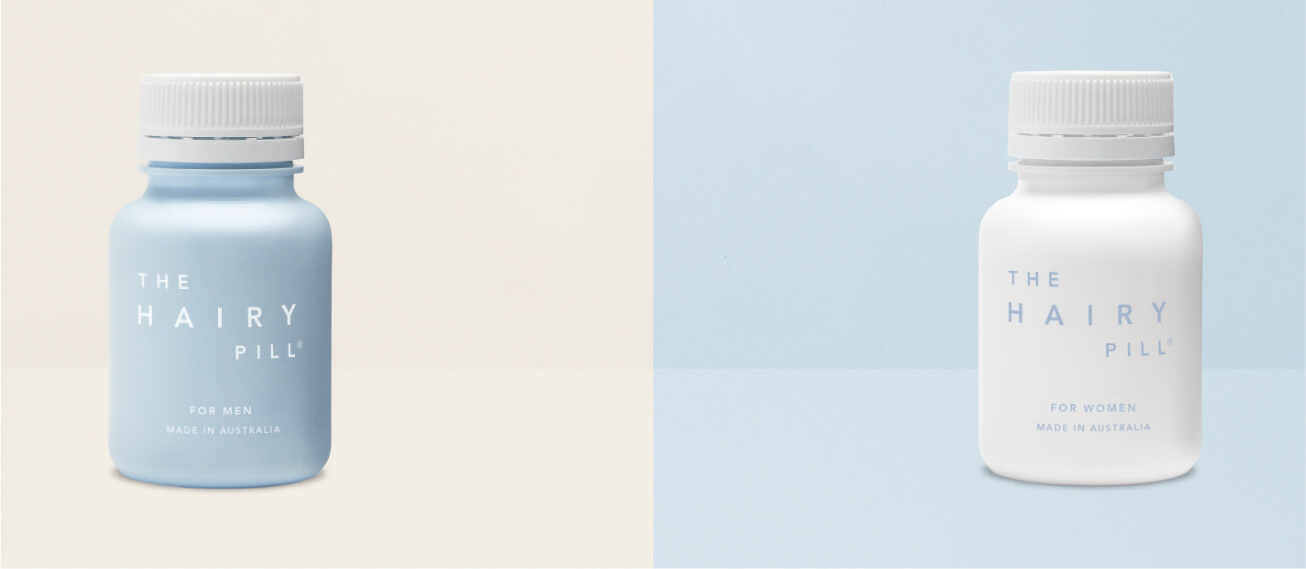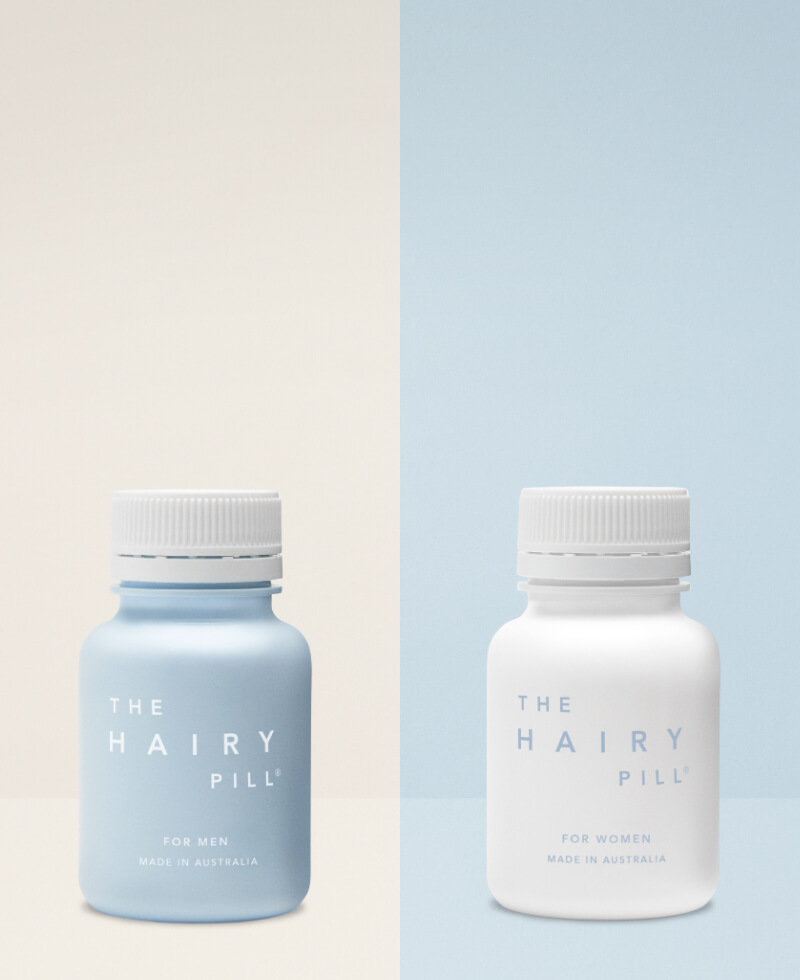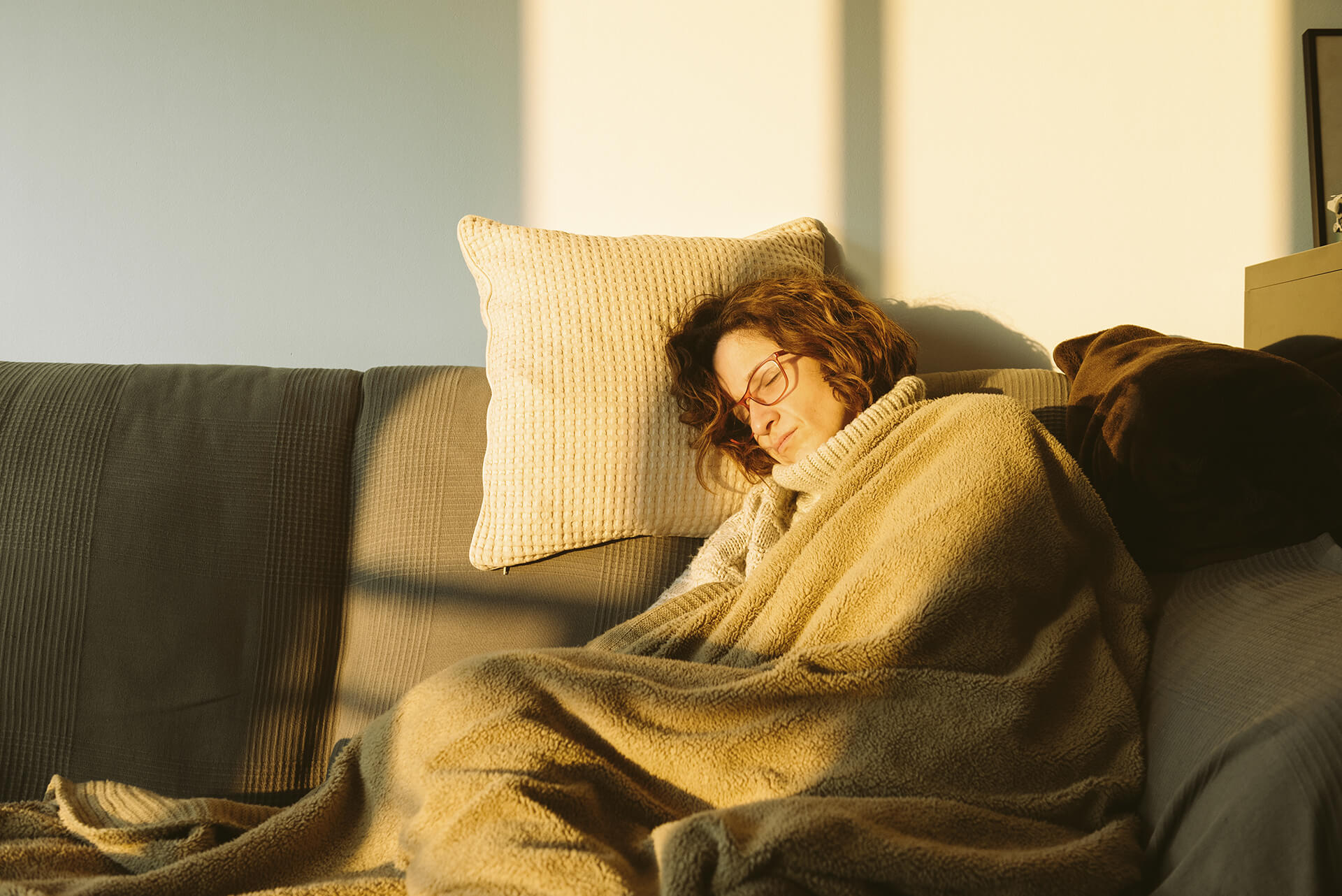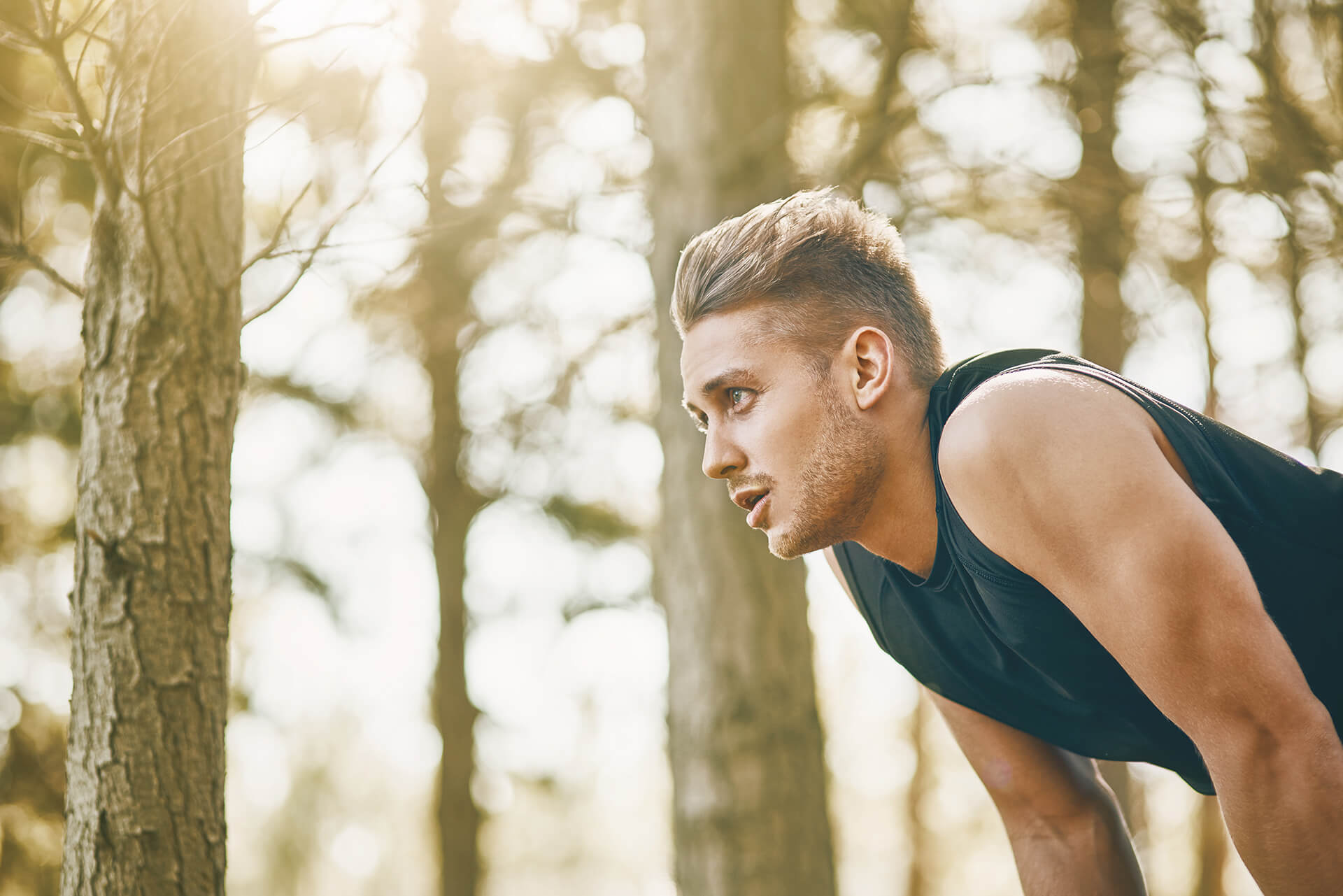A trip to the gym can benefit everything from our physical health to our mental state. But some people might be deterred by the rumours that shredding can lead to shedding — hair shedding.
So can workouts cause hair loss?
No exercise — bodybuilding, gym workouts, or gentle walks — directly causes hair loss. Isn’t that a weight off your shoulders (metaphorically, of course)?
But there may be things you’re doing outside the gym — such as taking performance-enhancing drugs like steroids or doing a diet like keto — that may make you lose hair.
Let’s explore the science behind hair loss, bust some of those myths surrounding fitness and hair loss, and take a deeper look at what might be contributing to your hair loss.
Can Workouts Cause Hair Loss?
Your daily visit to the gym probably won’t affect the hairiness of your head. Few studies have made any links between exercise and hair loss.
A 2017 Korean observational study on hair loss and exercise did find that people with androgenetic alopecia exercised more frequently than the general population, especially when it came to low-intensity exercise.
But this doesn’t prove that exercise causes hair loss. The dermatologist behind The Hairy Pill®, Professor Rod Sinclair, told Coach that baldness ultimately comes down to genetics, with few other lifestyle factors influencing hair loss.
Discover if The Hairy Pill® is right for you.
Take our short hair health quiz and we will work out if The Hairy Pill® can help you and your hair.
Take the quizWhat Happens to Your Body During Exercise That May Cause Hair Loss?
To understand any connection between exercise and hair loss, we need to look at what’s happening in your body when you’re working out — specifically, what role exercise might play in increasing hormones or oxidative stress, which may affect your hair.
Hormones and hair loss
Let’s start with why people link exercise, hormones, and hair loss.
It begins with androgens. We commonly think of androgens as male sex hormones, even though they’re found in both men and women. Exercise temporarily increases androgens in your body — particularly testosterone.
This is notable because testosterone can convert into another hormone called dihydrotestosterone (DHT), which is known to shrink hair follicles and make it harder for hair to grow.
Read our article: The link between testosterone and hair loss.
Then there’s cortisol.
This stress hormone can affect the function of hair follicles and the regulation of the hair growth cycle — and a 2021 study from the University of North Carolina found that the body was flooded with cortisol in the aftermath of vigorous exercise.
But it’s a little bit more complicated than simply saying that going to the gym increases certain hormones and causes hair loss.
A 2015 study from the London Metropolitan University looked at the long-term impact of a lifetime of exercising and concluded that regular exercise doesn’t cause consistently higher cortisol or testosterone levels.
Plus even if you did get temporary hits of hormones from exercise, that doesn’t mean you’ll end up with ‘testosterone baldness’ or hair loss. Increases in testosterone and DHT are just one part of the picture.
A much bigger part is genetics.
Your genes determine how your hair follicles respond to changes in hormonal levels. If you have a genetic sensitivity to DHT, you may experience more hair loss, regardless of how much you work out.
Oxidative stress and hair loss
Workouts can generate oxidative stress, which may in turn increase the amount of DHT that enters the cells of your hair follicles (dermal papillary cells).
The researchers of the 2017 Korean study suggested there may be a link between hair loss and this increase in oxidative stress caused by exercise.
But they concluded that there is no ‘one and only answer’ — oxidative stress may simply be ‘one of [many] possible explanations influencing the occurrence of alopecia’.
Ready to start your hair growth journey?
- Free express shipping
- Unlimited doctor consultations
- Simple once a day treatment
Myths & Misconceptions about Exercise, Gyms and Hair Loss
There are many rumours in the gym that certain workout practices could cause hair loss. Let’s take a look at some of the most popular ones.
Can weightlifting or bodybuilding cause hair loss?
Let’s nip this in the bud. No connections have been made between the act of bodybuilding and hair loss.
The level of testosterone in the body does increase temporarily after endurance and resistance exercise (such as weight lifting). But it’s unlikely that those short-term spikes have any long-term impact on hair loss.
Do steroids cause baldness?
Many athletes are tempted to try performance-enhancing drugs (PEDs) like anabolic steroids to build muscle mass, increase alertness, and boost recovery times.
Anabolic steroids are made from testosterone and are approved for some medical uses, but not for performance enhancement. Hair loss is listed as an adverse effect of anabolic steroids.
Does creatine make you lose hair?
Creatine is popular among athletes for its muscle-building benefits. Many people take creatine supplements before a workout to boost their energy, increase performance, and improve recovery time.
When you look at the limited research, there’s little evidence to suggest there’s any such thing as creatine hair loss.
Read our article: Does creatine cause hair loss?
Does whey protein powder cause hair loss?
While there’s no evidence that whey protein can cause hair loss, it may affect those who already have some degree of hair loss.
A 2017 study found that whey protein isolate supplements can accelerate hair loss in males who are experiencing some degree of hereditary male pattern hair loss, or androgenetic alopecia.
Is there a link between keto and hair loss?
The low-carb, high-fat keto diet is having its day but it may cause side effects, including hair loss or thinning hair.
Keto is so restrictive that it can deprive your body of the vitamins, minerals, protein, and calories it needs to grow hair. It can also trigger a type of stress-induced hair loss called telogen effluvium.
Read our article: Does keto cause hair loss?
Can intense cardio cause hair loss?
According to the results of a study by the Yonsei University Wonju College of Medicine, there’s no link between high-intensity or even moderate-intensity exercise and hair loss.
Looking to Get Treatment for Your Hair Loss?
There’s no need to worry if a particularly rigorous workout will result in any excessive hair shedding. But some diets and drugs may contribute to hair loss — particularly if you’re already predisposed to it.
Luckily, there’s something you can do about it.
The best hair treatment for hair loss is one that is personalised to you. The Hairy Pill® is an Australian hair loss and thinning treatment made just for you, using patented underlying technology that has been rigorously researched and clinically tested.
The treatment will depend on your needs but may contain clinical actives proven to treat hair loss at its roots, along with a blend of vitamins, essential elements, and amino acids designed specifically for your health.
As part of the process, you will also have regular consultations with our partner doctors, who can adjust the ingredients and doses of your treatment as needed.
Learn more about our men’s hair loss treatment and women’s hair loss treatment today.

